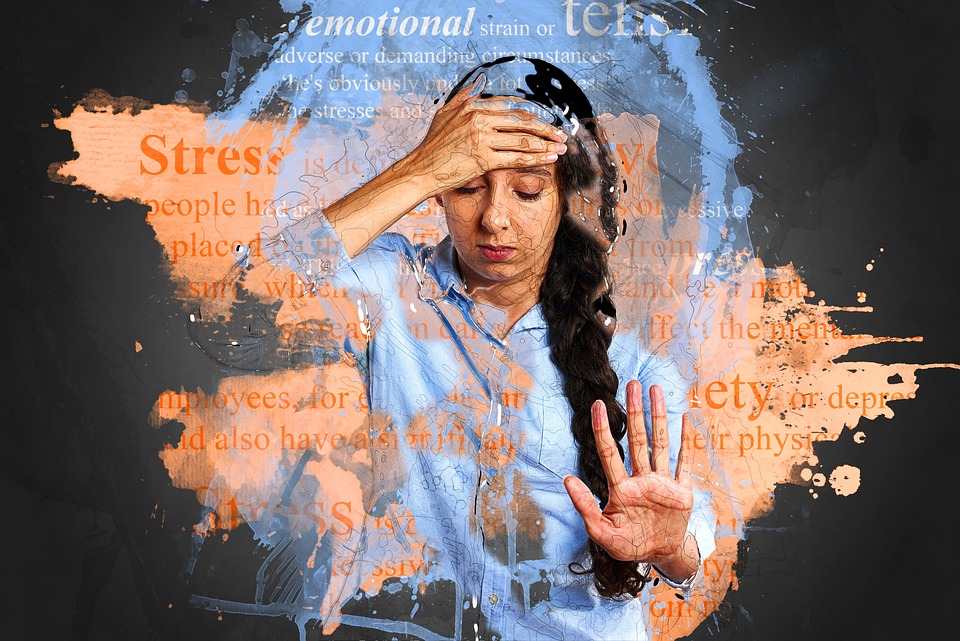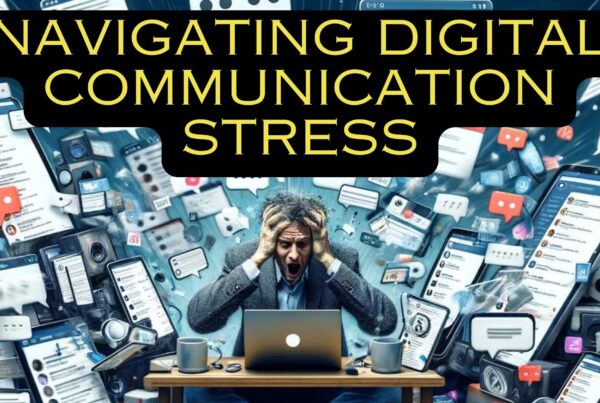How Does Anxiety Affect Your Body?
The Physical Toll of Anxiety
Discovering how anxiety affects your body is a crucial step in understanding this mental and emotional experience.
Do you ever feel like your mind is running a marathon while your body is stuck in quicksand? That’s what anxiety can feel like. It’s a mental and emotional experience that can also take a physical toll on your body.
For many who experience anxiety, it isn’t just the uncomfortable and distressing thoughts. The physical sensations that they can experience can be equally alarming too.
Let’s explore how anxiety affects your body and what you can do about it.
When you’re feeling anxious, your body’s natural fight-or-flight response kicks in.
This is a survival mechanism that prepares your body to respond to a perceived threat.
Your heart rate increases, your breathing becomes shallow and rapid, and your muscles tense up. Your body is preparing to either fight the threat or flee from it.
But what happens when there is no actual threat present? When anxiety is a constant companion, your body stays in this heightened state of alert.
This can lead to a number of physical symptoms such as headaches, stomach aches, and even chest pains. Your body is essentially on high alert all the time, which can lead to chronic stress.
The Link Between Anxiety and Chronic Stress
Stress is a natural response to challenging situations.
It’s what helps us stay alert and focused when we need to be. But when stress becomes chronic, it can have a negative impact on our health. Chronic stress has been linked to a number of health problems such as high blood pressure, heart disease, and diabetes.
Anxiety can contribute to chronic stress by keeping your body in a constant state of heightened alertness.
This can lead to an overactive stress response and chronic inflammation. Chronic inflammation has been linked to a number of health problems including arthritis, autoimmune diseases, and even cancer.
The Impact of Anxiety on Your Immune System
Your immune system is responsible for keeping you healthy by fighting off viruses, bacteria, and other pathogens. But when you’re feeling anxious, your immune system can become compromised. Chronic stress can lead to a weakened immune system, making you more susceptible to illness.
In addition to compromising your immune system, anxiety can also lead to an increase in inflammation. Inflammation is a natural response to injury or infection, but when it becomes chronic, it can lead to a number of health problems. This includes an increased risk of heart disease, stroke, and even cancer.
The Effect of Anxiety on Your Digestive System
Anxiety can also wreak havoc on your digestive system. When you’re feeling anxious, your body diverts blood away from your digestive system to your muscles and brain. This can lead to a number of digestive issues such as nausea, diarrhea, and constipation.
Chronic stress can also lead to an increase in stomach acid, which can cause heartburn and acid reflux. In severe cases, chronic stress can even lead to the development of stomach ulcers.
How Hypnotherapy and Mindfulness Can Help
If you’re struggling with anxiety and its physical symptoms, hypnotherapy and mindfulness can be powerful tools to help you manage your symptoms.
Hypnotherapy can help you relax your mind and body, which can reduce your overall levels of stress and anxiety.
Mindfulness, on the other hand, can help you become more aware of your thoughts and emotions. By learning to observe your thoughts and feelings without judgment, you can reduce their power over you. This can help you break free from the cycle of anxiety and chronic stress.
Now You Know How Anxiety Affects Your Body
Anxiety can take a serious toll on your body. It can lead to a weakened immune system, chronic inflammation, and a number of physical symptoms.
But with the help of hypnotherapy and mindfulness, you can learn to manage your symptoms and improve your overall health and well-being.
So take a deep breath, relax your body, and know that there is hope for a brighter, less anxious tomorrow.
Remember, anxiety is a normal part of the human experience, and it’s okay to seek help when you need it.
Whether it’s through therapy, medication, or lifestyle changes, there are many ways to manage anxiety and take control of your health.
So, the next time you feel like your mind is running a marathon while your body is stuck in quicksand, take a moment to breathe and remind yourself that you’re not alone. With the right tools and support, you can overcome anxiety and live a happier, healthier life.
Book Your FREE 30 Minute Consultation With Release Hypnosis NOW!
You may also like to read:
How To Stop The Negative Thoughts From Taking Control
The Mindfulness Toolkit
What’s the Difference Between Habit and Addiction?
The Importance of Acceptance In Mental Health








